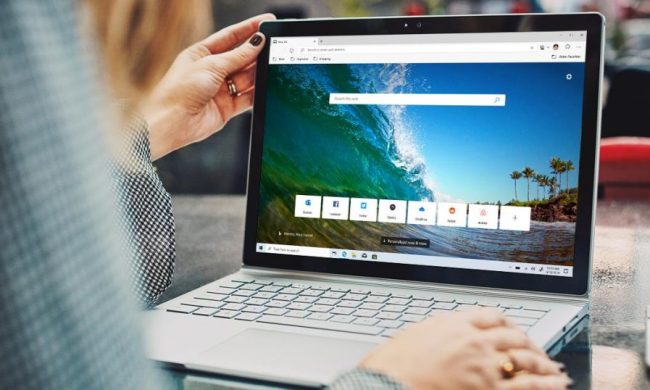
As of last month, Google Chrome’s desktop browser share stands at 21.19 percent. That’s up from 19.61 percent in August, which is an increase of almost 1.6 percent.
Meanwhile, Internet Explorer’s share fell slightly from 58.46 percent in August, to 58.37 percent last month, which is still a supremely dominant figure.
Firefox usage on the desktop dropped by over a full percentage point, from 15.23 percent in August, to 14.18 percent last month. What may be holding Firefox back from wider use is the issue surrounding how much memory it sucks up on PCs. Mozilla has an entire support page dedicated to Firefox’s propensity for heavy memory usage, along with a guide on how to reduce its RAM consumption.
Safari is a distant fourth in this race, owning 5.01 percent of the desktop browser pie. That’s down from 5.32 percent in August. Opera, meanwhile, is even further behind, holding 0.86 percent of the market as of September, tumbling from 0.96 percent in August.
So why does Internet Explorer dwarf the competition, according to these numbers? That’s likely due to the fact that IE is the default Web browser that ships with every Windows PC. Sure, you can install another browser, but if the one your system comes with is good enough, why bother?


